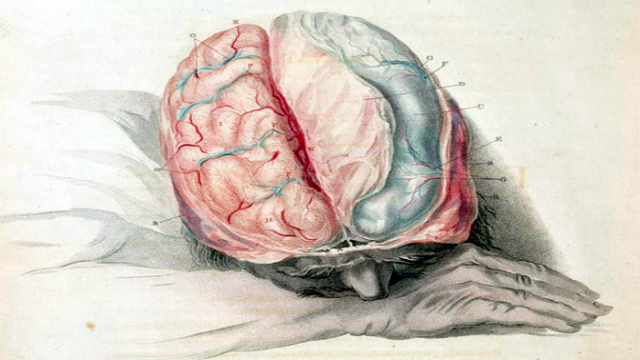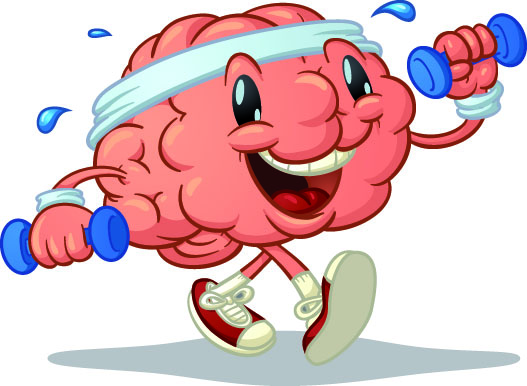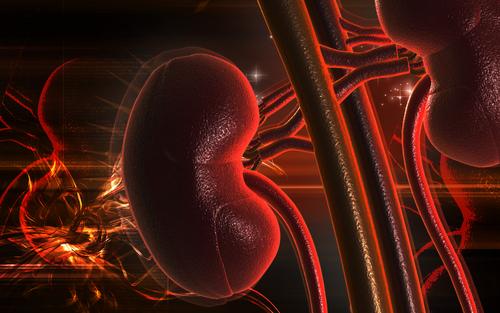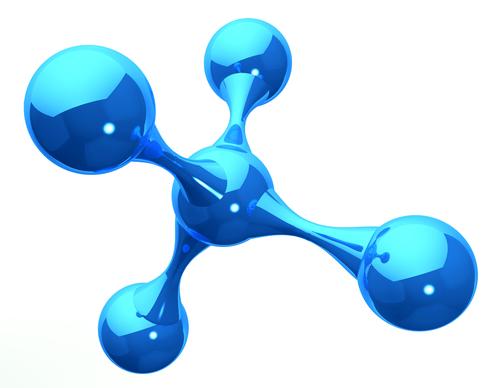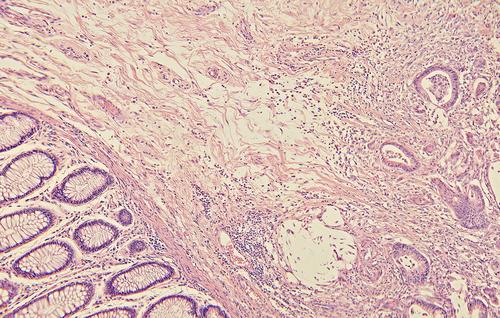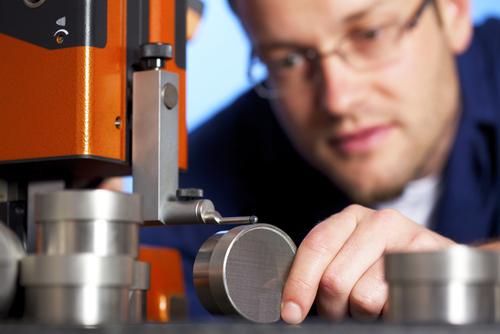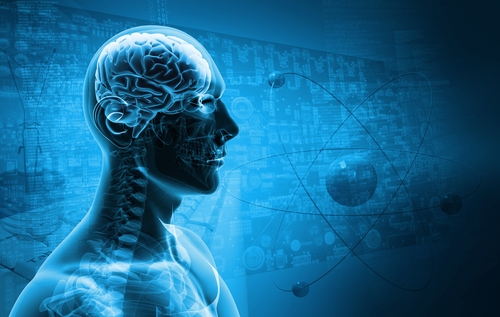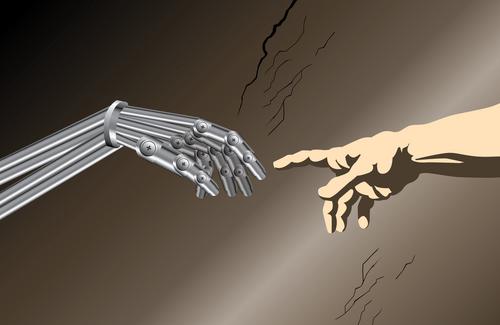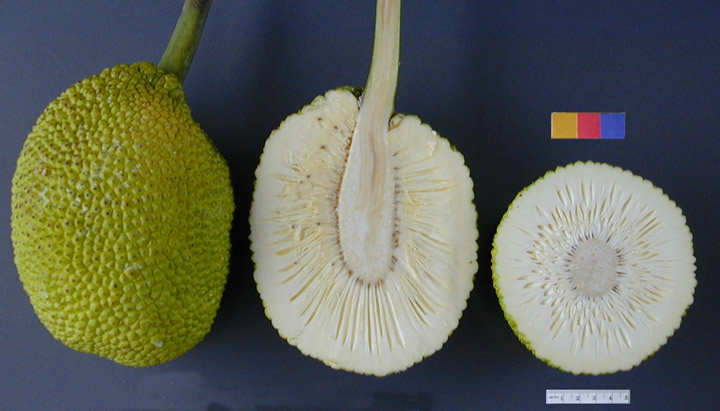Surprising Science
All Stories
“The brain is a superb miracle of errors,” says David DiSalvo. The author’s new book demonstrates that nothing we remember, feel or think is as it seems.
A recently-tested anti-depressed, which looked very good on paper, has failed to reduce depression rates. Our understanding of the brain still doesn’t suffice to make good drugs.
In theory, a single cell from one animal can be used to feed the entire global population, without stressing the environment, says a new short film on the future of meat production.
As scientists gain a better understanding of how antibiotics work on a molecular level, they are learning how some superbugs become resistant. Can they also find a weakness?
The Food and Drug Administration has banned a popular treatment for breast cancer, in use since 2008. Some patients claim the drug works; the FDA says the harms outweigh the benefits.
“We are at the cusp of a revolution in medicine and biotechnology that will radically increase not just our life spans but also, and more importantly, our health spans,” says Sonia Arrison, author of 100: How the Coming Age of Longevity Will Change Everything.
Google has unveiled a music purchasing platform that allows musicians to directly upload their songs for purchase, bypassing record labels entirely. Is this the nail in the coffin?
All fiction has, at its heart, the enigma of character. What happens if science co-opts this question?
To combat global warming and the urban island heat effect, Mongolia is launching the world’s largest ice-making experiment. It hopes to use the ice to cool its capital during summer.
China’s first attempt to orbit Mars has failed as its probe was attached to the unsuccessful Russian probe currently stuck in Earth’s orbit. But China, as a space power, is just budding.
Titanium dioxide, a nearly ubiquitous but wholly unsung material, benefits the environment by eating air pollutants. It is increasingly used to build green infrastructure in cities.
Wondered why your favorite Web page gets hung up or downloading of a large file inexplicably stalls? It’s often due to telecom operator using a technique called throttling.
Brain enhancement pills are widely available though they are meant to be a controlled substance. Researchers are increasingly interested in a pill that could benefit society.
While the purpose of sleep is still not perfectly clear, neuroscientists increasingly believe we need sleep to rest the brain, restoring neurons to a restful state in order to learn better.
Why are organ sales illegal? Donors of blood, semen, and eggs, and volunteers for medical trials, are often compensated. Why not apply the same principle to organs?
“All of the cells in the body have this potential to make other kinds of cells. This has led to the discovery of human embryonic stem cells and other stem cells, which we’d now like to use to replace tissue and body parts,” says Dr. Douglas Melton.
Changing social and battlefield landscapes require a new kind of soldier, says retired Navy officer Dr. Amy Fraher. Emotional intelligence must supplement technical knowledge.
For Bruce Finley, the benefits discussion is a major (and often lost) opportunity for companies to reach young workers in a meaningful way, getting them more deeply invested in their careers and their futures.
Scientists at a Dutch university have shown off what can be described as the world’s smallest electric car—made of a single, carefully designed molecule.
A computer program has been trained to grade breast cancer, predicting which tumors are associated with worse outcomes and, therefore, deserve more aggressive treatment.
Technology is getting smarter, increasingly capable of white-collar work like legal research and medical diagnoses. Will machines finally put us out of work or can we work together?
Thailand is paying a price for rapid urbanization, which is one key reason floods are so badly affecting slowly sinking Bangkok. Should it move the entire city, as some experts advise?
Descartes’ dualism argued that the mind was entirely distinct from the body. More recently, the computational theory of the mind said it was a rational computer. Neither is accurate.
When does the American spirit of endless self-improvement come at the expense of self-acceptance? Perfection is the enemy of good and can cause stress and dissatisfaction.
Brain-machine interfaces have already allowed primates to manipulate virtual objects with virtual arms. The technology could ultimately benefit the paralyzed, allowing them to walk.
Two simple pieces of brain-training software have successfully been used to stave off depression before it starts by showing individuals how to recognize positive mental states.
Religious groups in the Netherlands have opposed a call from the Royal Dutch Medical Association to discourage male circumcision on grounds that it is dangerous and unnecessary.
Our genes may have a lot to do with the way we look and behave, but they certainly don’t dictate our destiny. That’s true when it comes to our weight too, say researchers.
The breadfruit is football-sized prickly fruit full of nutrients and energy. It grows on one of the world’s highest-yielding trees and backers say it could help alleviate world hunger.
A virtual nurse designed to deal with hospital overflow is a hit with patients. They report preferring the virtual nurse to a live doctor because they do not feel rushed or talked down to.







